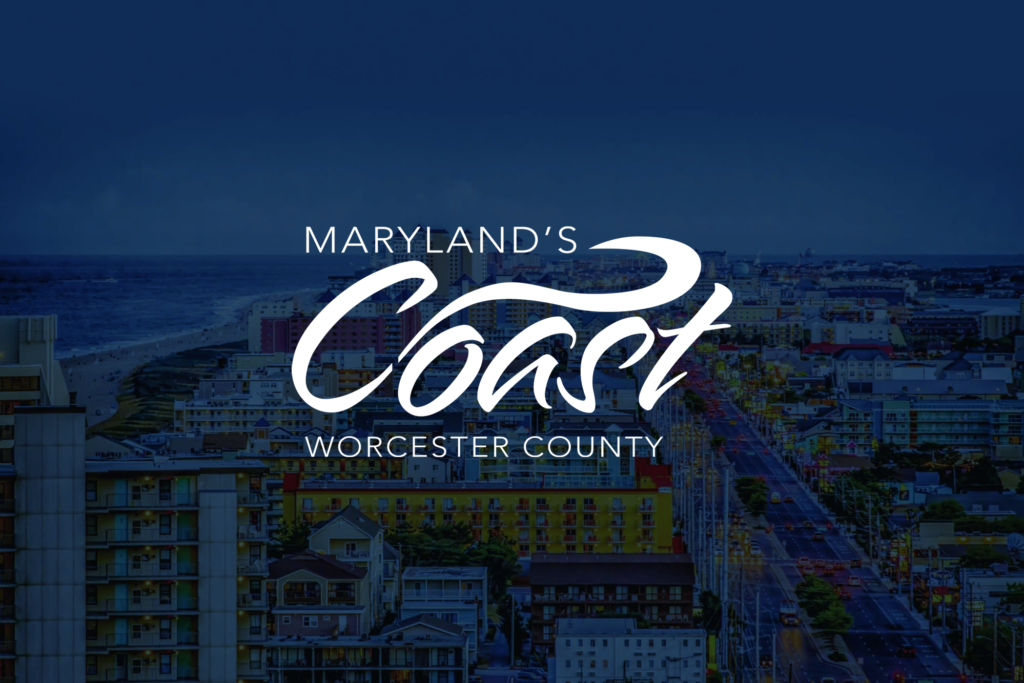Source: The Washington Post
On March 4th, 2020, a Maryland House of Delegates subcommittee reviewed and unanimously rejected a bill that would have applied the state sales tax to professional services. This decision comes just days after a group of small-business owners railed against the plan, and argued that it would be detrimental to not only their businesses, but their customers.
House leaders introduced the bill last month to help pay for a public education overhaul. This would include the expansion of pre-kindergarten, pay raises for teachers, and programs to prepare students for college and the workforce.
The bill would have reduced the sales tax rate from 6 percent to 5 percent, and would have been charged for services such as; haircuts, landscaping, legal or accounting services, and car repairs, among others. This was expected to generate $2.9 billion by 2025, more than 50% more than current sales tax revenue.
Hundreds of small-business owners, lawyers, and accountants came forth on Wednesday to express their opposition to the bill, resulting in lawmakers hearing over five hours of testimonials from people of all different industries. Governor Larry Hogan also denounced the plan, deeming it the largest single tax increase in Maryland history.
Melanie Pursel, President and CEO of Greater Ocean City Chamber of Commerce expressed, “The chamber was thrilled to hear that HB 1628- the bill taxing professional services, was defeated,” Pursel continued, “It would have had a detrimental effect on our economy here in Maryland, putting us at a competitive disadvantage, especially here in Worcester County being bordered so closely by Delaware and Virginia.” Pursel went on to say that there was “a tremendous push back from the business community and the legislators received thousands of letters in opposition, including letters from the chamber and our area businesses.
The House subcommittee instead advanced a package of other bills that will be used to help for the intended education overhaul. Among them, an increase in the tax of tobacco and vaping products, as well as digital goods.
Source: The Washington Post





